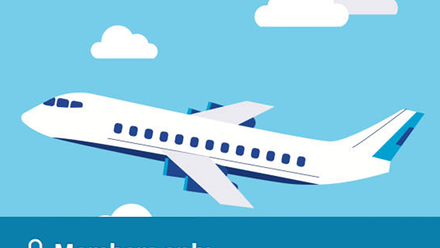About the event
In this webinar, the Defence Science and Technology Laboratory (Dstl) explores considerations and implications of RAS technologies from a human perspective. We showcase a variety of work undertaken both within Dstl and through Extra Mural Research, including:
- An overview of the State of the Art in RAS.
- An exploration into the potential impact of RAS on defence job roles.
- Considerations of the broad implications on future ways of working, and understanding Human Machine Teams.
- Guidance information as support for the consideration of the human component within RAS design and development.
Who will this be of interest to?
This webinar will be of interest to human factors practitioners, designers, and engineers and anyone else who wants to understand more about the RAS, RAS within defence, and the impact of RAS on the human component.
Presenters
- Dave Thompson‘s background is Human Factors Engineering within complex and safety critical environments. His work has predominately focused on developing new systems, platforms, and ways-of-working within the Air Traffic Control, Nuclear, and Defence domains, and implementing them into service. He’s a Chartered Human Factors and Ergonomics Specialist, with a bachelor’s degree in Ergonomics, and a Doctorate in Engineering. In his role at Dstl, David has provided technical leadership to the “Optimising Human Systems Integration” project (which commissioned much of the work presented at this event). He is now leading the technical work for a new five year Dstl research project “Humans In Systems”. David also supports the AJAX and Warrior CSP armoured fighting vehicles programmes as a HF Integration Advisor. He is a guest lecturer on the Diploma/MSc in Aviation Medicine at KCL, and is presently supporting the CIEHF in developing material on neurodiversity.
- Darren Doyle is a chartered Human Factors specialist who has worked within government as well as private industry. His connection to automated systems began in aviation safety, where he was involved in developing an automated collision avoidance system. Since then he has advised on the development and testing on a number of automated systems within defence. He’s currently working as an independent contractor with Dstl.
- Mike Boardman from Dstl.



